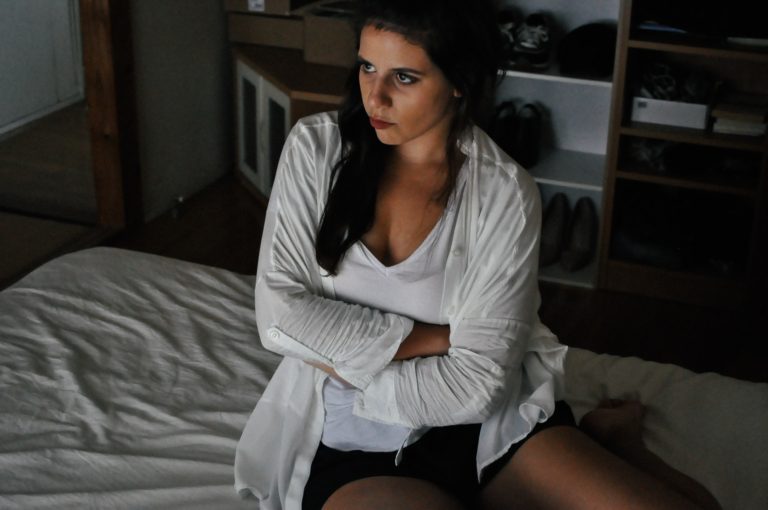Not everyone experiences a noticeable trauma. Some people may never know that they are experiencing trauma. We may seek help for our symptoms unaware that what we are experiencing is symptoms of trauma. You may have memories of your trauma, while others may not notice little things as trauma. Trauma comes from a state of fear, whether that fear be little or big.
There are micro-traumas that can occur in our life that we may not know are causing trauma over time. These things can consist of being bullied, being in an abusive relationship, being yelled at by our parents growing up, or even living with someone who abuses drugs/alcohol. We must be more aware of what the signs are of trauma so that we can help ourselves or a friend/loved one.

Here are 10 signs of experiencing trauma:
- Little self-worth
- Dissociating
- Trust issues
- Stuck in the past
- Having angry outbursts
- The need to be busy/distracted
- Feeling stuck
- Avoiding conflict
- Perfectionism
- The need to people please
Every person handles trauma differently, so it is important to educate yourself and be more aware of the signs. There are four different types of trauma responses. There is fight, flight, freeze, and fawn. These are considered the four F’s of trauma. When dealing with trauma these end up being unhealthy responses but do let us know when trauma is occurring.

Experiencing Trauma – Trauma responses:
Fight
This is a self-preservation to protecting yourself at all costs. With the fight response this can consist of having angry outbursts, yelling, crying, feeling tense, or wanting to hit things.
Flight
This is when you feel like you can no longer fight and want to leave the situation. During the flight response this consists of overthinking, isolating yourself from others, needing to be busy or distracted all the time, and being a perfectionist.
Freeze
Freeze can occur when we become too overwhelmed to fight or flight. Within the freeze response we can dissociate, have brain fog, having feelings of being stuck, constantly feel like you are daydreaming, and even feel numb,
Fawn
The fawn response can occur when we are around toxic or unhealthy people and situations. Fawn responses occur when we start to people please and can’t say no, when we try to avoid conflict at all costs, and have trouble setting and keeping boundaries.
It is important to know the good and the bad in trauma responses. Know that everyone experiences trauma differently and some things may create more trauma in some people than in others. Never undermine your trauma and always seek help when these symptoms become noticeable and get worse. Trauma responses occurs when we experience situations that are then not able to be emotionally processed.
Be compassionate with yourself and your responses. Deep breathing exercises, mindfulness, and journaling can help with trauma responses. Talking to a trained professional about your trauma can be very beneficial to recovery. Seeking out therapist for counseling can help to change our behaviors and use our responses in a healthy way. Do not be afraid to reach out to others for support, this is the only way that you can make sure that the trauma does not keep occurring and having a detrimental impact on your life.




